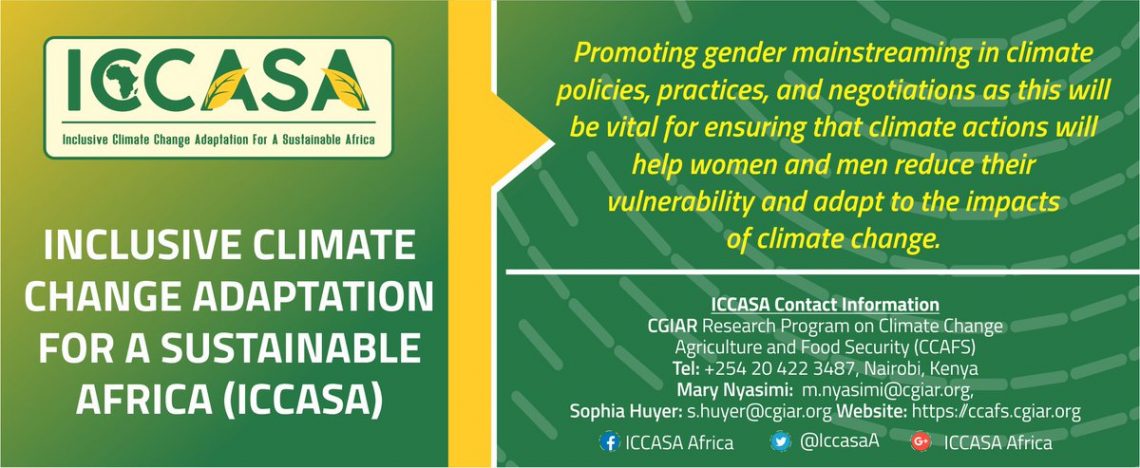The training will also address the needs and perspectives of women and men in policymaking and the United Nations Framework Convention on Climate Change processes, adopted on 9 May 1992
The African Development Bank (www.AfDB.org) will conduct a seminar on gender mainstreaming in climate negotiations for the African Group of Negotiators (AGN) in Dakar, Senegal, on Wednesday, 27 September, 2018. The knowledge and capacity building event will be held at the Le Ndiambour Hotel in Dakar.
The seminar will be held under the auspices of the ‘Inclusive Climate Change Adaptation for a Sustainable Africa (ICCASA) Program,’ a project administered by the Bank with a $450,000 grant from the Korea-Africa Economic Cooperation Trust Fund,
The Program’s key goal is to ensure that women and men become less vulnerable and adapt to the impacts of climate change. The ICCASA project will be implemented across Africa by four partners: CGIAR Research Program on Climate Change, Agriculture and Food Security; African Working Group on Gender and Climate Change; Women in Global Science and Technology, and World University Service of Canada.
The Dakar training session will equip AGN delegates to better understand the concept of gender and inclusiveness, conduct gender responsive climate change negotiations, and to understand and manage the links between gender and climate change, thus ensuring gender balance in access to policymaking and negotiation spaces.
The training will also address the needs and perspectives of women and men in policymaking and the United Nations Framework Convention on Climate Change processes, adopted on 9 May 1992.
As African countries move towards low-emission, climate resilient, inclusive and sustainable development, they need adequate climate finance, along with properly designed mechanisms. Climate finance implementation will require an inclusive approach – one that considers the needs, interests and vulnerabilities of women and men – at all phases, from concept and design to implementation, monitoring and evaluation. This will ensure resilience, project sustainability and gender equality.
This training and the Bank’s involvement with ICCASA, underlines its leadership role and ongoing commitment to Africa’s climate change agenda.






